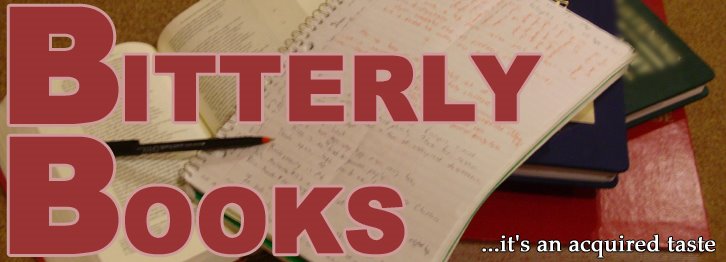Miracles in the Storm: Talking to the Other Side with the New Technology of Spiritual Contact by Mark H. Macy (New American Library, 2001, ISBN 0-451-20471-9)
This book was written by Mark H. Macy, who is "a key figure in world Instrumental Transcommunication (ITC)--documenting the results of the most prolific receivers of ITC contacts, funding and organizing annual research seminars on both sides of the Atlantic, and opening the first enhanced ITC bridge in the States" (p.1). ITC is "the use of technology to get information directly from the worlds of spirit in the form of voices, images, and text"(p. ix). Macy and his colleagues have "worked alongside some of the most powerful forces of Light involved with our world, and they confronted various influences of negativity and darkness on both sides of the veil which nearly destroyed their valuable work"(p.1).
What is in this book: A first person account of the author's involvement with ITC research and his time spent with the International Network for Instrumental Transcommunication (INIT). He documents early ITC problems like "an impedance mismatch into that third transistor [....] that can be corrected by introducing a one-hundred-fifty-ohm, half-watt resistor in parallel with a point-double-oh-four-seven microfarad ceramic capacitor"(p. 16). Macy had wanted to publicize INIT's work on "a number of popular programs [in the United States] that handled spiritual subjects rather well, including "The Other Side," "Sightings," and "The Oprah Winfrey Show""(p.111), but "destructive forces generated by doubts, insecurities, fears, envy, resentment, and other negative feelings began to fester within INIT"(p.170). While he found INIT to be "like a luscious melon filled with rich, sweet miracles"(p.193), he was unsure whether those miracles would "be buried under the violence, pornography, and other debris of the times" (p.132).
It proved to be a rough time for Macy, who writes that "I suppose what saved our family was the fact that I could sense negative spirits in my life and in our home during that period. They were busy infesting us all, and I'd drawn them into our home with my chronic fears."(p.182)
What is not in book: Skepticism. "If I was skeptical," says Macy, "I would never have received any [paranormal] phone calls"(p.176). "When you believe something to be true, and you have the intent for it to happen, then that opens the doors to its happening. [...] One of the primary laws in the spirit worlds as well as on Earth is: Our thoughts and intentions create our reality."(p.176) This lack of skepticism did not impede his research because "the facilities that make ITC possible, and the energies that make it posible, are far beyond science. Science doesn't have the capability to really judge the validity of ITC yet"(p.178).
Would you recommend this book to MacGuyver? Are you kidding me? Machinery that contacts the dead? He built that in the second season using toothbrush bristles, chewing gum, a handful of paper clips, and half a pair of pants (the left half). This is nothing new to him.
Would you recommend this book to General H. Norman Schwarzkopf, Jr.? Stormin' Norman might have time to read this book since he's retired. Just because he can, that doesn't mean that he should. INIT studies have shown that the entities they contact "not only could read our minds, but could actually help shape them"(p.31). If you want to risk handing his specialized asskicking knowledge over to unknown forces from beyond, don't say I didn't warn you.
What is interesting about this book: Macy and his colleagues were provided with "images of exotic, kind, wise, and playful beings from other worlds [that] were planted on computer hard drives"(p.168) as well as a picture of a temple and a letter stating that "science fiction author Jules Verne had awakened in the temple after his death"(p.168). They also heard from "an African tribesman named Bwele M'Banga [who] sent a self-portrait and reported that his life on Earth had ended in the stomach of an African Lion"(p.169). One of the most active groups of correspondents called themselves the Timestream group, and included the explorer Sir Richard Francis Burton. As noted by author Michael Prescott, the timestream group's accounts of a world dominated by a single winding river mirrors the fictional novels written by Philip Jose Farmer. According to Prescott, Mark Macy does not have a problem with that.







No comments:
Post a Comment